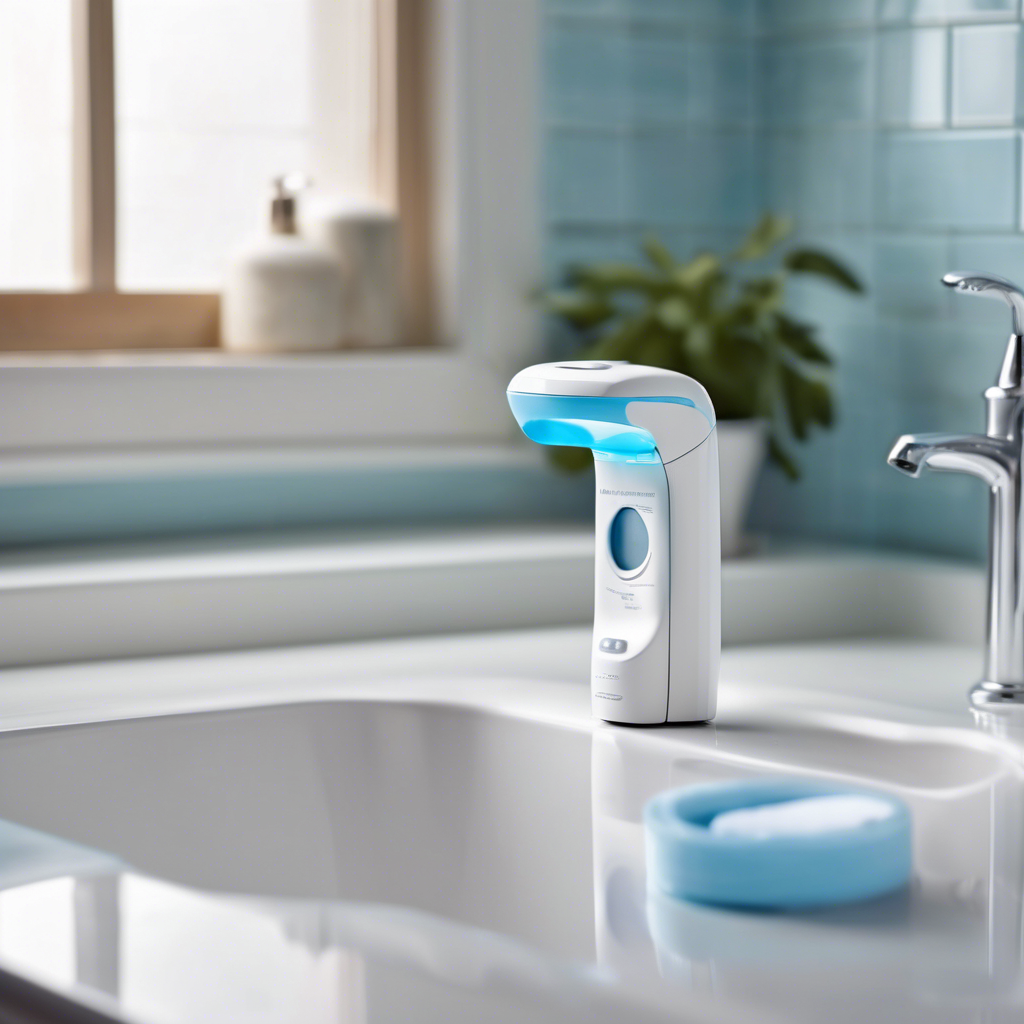
The recent approval by the US Food and Drug Administration (FDA) of an at-home cervical cancer screening tool marks a remarkable stride forward in women’s healthcare. Traditionally, detecting cervical cancer has involved clinical visits and Pap smear tests, which, while effective, can present numerous challenges ranging from scheduling appointments to navigating discomfort and anxiety during pelvic exams. The innovative device now approved allows women to collect cervical cell samples themselves in the privacy and comfort of their own homes, potentially revolutionizing early detection and prevention efforts worldwide. This is a crucial advancement since cervical cancer remains one of the leading causes of cancer-related mortalities among women globally, making accessible and reliable screening more important than ever.
Developed by a leading company specializing in medical diagnostics, the at-home screening kit empowers women by simplifying the process of cervical cancer screening. By circumventing logistical barriers associated with traditional screening, such as travel to clinics and waiting times, this method broadens healthcare accessibility, especially for women residing in underserved or rural communities. After following clear, user-friendly instructions to collect the sample, women send it to a certified laboratory for analysis, ensuring test results meet clinical-grade standards for sensitivity and specificity. This means users can trust the reliability of their results and seek timely medical consultation when necessary, a feature validated through rigorous clinical evaluation submitted during the FDA approval process.
This transformative technology speaks to a broader shift in healthcare toward patient-centered care and the integration of telehealth services, with many health advocacy groups lauding this progress. Beyond convenience and accessibility, the at-home testing method also addresses the psychological hurdles many women face—chief among them anxiety and discomfort associated with pelvic exams in clinical settings. By removing these emotional and physical barriers, the innovation encourages better adherence to regular screening schedules, a critical factor in early detection and effective treatment of cervical cancer. Moreover, the device’s availability is poised to expand rapidly, with distribution planned through pharmacies, online platforms, and healthcare providers. Pricing strategies are being developed to ensure affordability, including for women without consistent health insurance, amplifying the tool’s reach.
Healthcare professionals have warmly received this approval but emphasize that at-home testing should supplement, not replace, regular gynecological visits for comprehensive reproductive health care. This point is crucial—while the device can streamline screening and reduce delays in detection, follow-ups, especially for abnormal results, remain essential components of holistic healthcare. Public health experts also highlight this tool’s potential to reduce disparities in screening rates among minority populations and women in geographically isolated areas where healthcare resources are sparse. Historically, these groups experience higher cervical cancer mortality, underscoring the importance of innovations that close such gaps. Early intervention made possible by this self-collection kit promises to improve outcomes and save lives across diverse communities.
Looking ahead, the healthcare industry anticipates that positive real-world data from the adoption of this at-home test will influence future screening guidelines, embedding self-sampling more deeply into routine cervical cancer prevention protocols. Insurance providers are currently evaluating coverage options, recognizing that increased screening compliance can reduce treatment costs associated with late-stage cancer diagnoses. Ultimately, the FDA’s landmark approval represents a pivotal moment—not just for cervical cancer detection but for the empowerment of women in managing their reproductive health more proactively. With the convergence of technology, convenience, and patient autonomy, this innovation heralds a promising new chapter in healthcare, where lifesaving screening is no longer bound by the walls of a clinic but is accessible to all women on their own terms.
#WomensHealth #CervicalCancerScreening #AtHomeTest #FDAApproval #PatientEmpowerment #HealthcareInnovation #EarlyDetection
Leave a Reply